GOOSE Recruitment interviewed Nutritional Therapist, Rachel Jessey from BenourishedUK to discuss how Pilots can look after their nutritional health.
Rachel has over ten years of experience working with many clients including Pilots. She uses a combination of science, traditional approaches and coaching tools to help clients improve their health. Improving nutrition status can have a positive impact on life from both a personal and career perspective.
Key Takeaways
Nutrition is crucial: Pilots should prioritise a balanced diet with lean proteins, whole grains, healthy fats, and plenty of fruits and vegetables, while limiting stimulants and high-sugar foods to maintain energy and cognitive performance.
Movement and sleep: Regular daily activity, even simple exercises or walking, and quality sleep are essential for circulation, managing jetlag, preventing fatigue, and supporting long-term health.
Holistic lifestyle: Stress management, exposure to daylight, and a realistic, balanced approach to overall wellbeing are key to sustaining a long and successful career as a Pilot.
There is so much talk in the media about health and nutrition, but what does Pilot health mean to you?
Just like everyone, Pilots need to look after their health. They have a tough job, working long and unsociable hours, often needing to adjust quickly between many different time zones. The more engaged Pilots can be in looking after their health, the better their bodies will be at adapting to the stress of flying, long hours, changing shift patterns and long periods of inactivity. Good nutrition can support energy production, and improve cognitive and mental function, which are benefits that apply directly to Pilots.
Flying can have a negative impact on your body Rachel, what would you advise Pilots to look out for?
The main immediate effect of flying that a Pilot might suffer from is dehydration, however, frequent flying can also cause symptoms such as bloating, reduced immunity, muscle stiffness and fatigue. Flying, especially long haul, does carry a risk of developing blood clots and deep vein thrombosis (DVT), so being as active as possible on the flight, getting up, walking around, doing some simple leg exercises and wearing compression socks are all great preventative measures.
What would a health and nutrition plan for a Pilot be made up of?
There are five factors that need to be addressed within a lifestyle and nutrition plan:
Diet
Plenty of lean proteins, whole grains, healthy fats and vegetables and fruits
Exercise
You don’t have to sweat it out in the gym for hours on end, moving daily and regularly will exert many benefits on overall health
Sleep
It is vital for repair, recovery and healthy body composition. 7-9 hours has been suggested as the optimum amount of sleep, however, I think that the quality of sleep is better than the time asleep. Feeling refreshed and energized after sleep is a good indicator that enough is being had
Daylight
Sunlight on the skin produces vitamin D which is a vital nutrient for immune health. There are very few food sources of vitamin D which is why sunlight is important to us. Daytime light, even with cloud coverage has been shown to improve mood, cognitive function and concentration as well as just providing a feeling of general wellbeing.
Stress management
The stress response is very important for motivation, drive and energy production. However chronic and daily low-level stress can affect sleep, and mood, promote fat storage and reduce the ability to make healthier food choices. Incorporating time for rest and relaxation are an important tool for managing stress.
Pilots are flying all the time; how can they get the right nutrition balance in their diet? Can you give some examples of good food choices?
My advice is to be prepared and where possible make the best food and drink choices you can. If the airline/security permits it is possible, to take homemade/pre-prepped food on board. If this is not possible, many airports now have plenty of food outlets that provide healthy food.
Most airlines and flights, especially long haul, actively try to offer a balanced range of food onboard, some have also had celebrity chefs develop their menu plans. So, although aeroplane food often gets bad press, it is usually a pretty good choice to go for.
As with everyone, Pilots will need to ensure that their food intake contains a mix of whole grains, lean proteins and healthy fats, along with plenty of fruit and vegetables to ensure all nutritional requirements are being met.
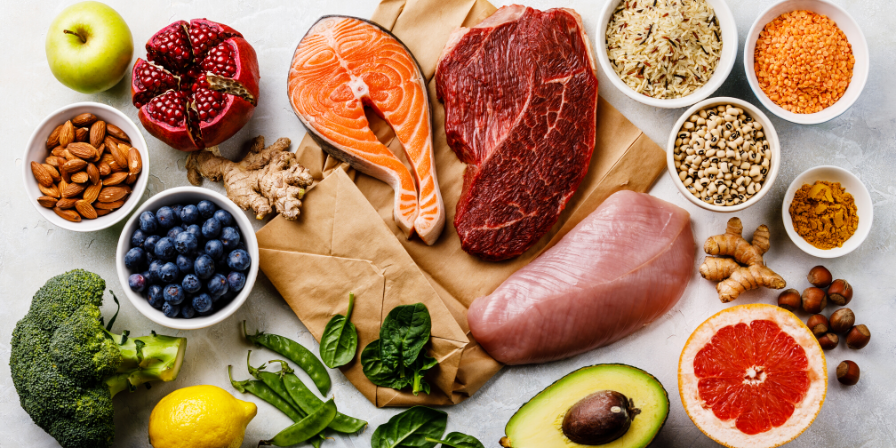
When choosing the right carbohydrate for a meal, whole grains, starchy vegetables, pulses and legumes are the way forward. Whole grains include brown rice, pasta, quinoa, couscous and brown bread; starchy vegetables include potatoes (sweet and white) and butternut squash and pulses/legumes (which provide both protein and carbohydrates) include beans, lentils and chickpeas.
Including lean protein in meals helps to keep you fuller for longer and may prevent the need for snacking on sugary foods between meals. Great animal-based protein sources are chicken, turkey, fish, shellfish, eggs and lean red meat. Plant-based protein sources include beans, lentils, chickpeas and non-GMO soy.
I am a big advocate of including fats in the diet. Fats are vital for brain health, cognitive function and cell membrane integrity. Great sources of fats to include in the diet come from oily fish, nuts, seeds, olive oil, coconut oil and avocado. I highly recommend that all clients stop consuming foods that use hydrogenated or partially hydrogenated fats. These types of fats should always be listed in the ingredients so are easy to spot and avoid. Unless of course, you are on a plant-based diet, butter is good to use sparingly because there are fewer nasty ingredients in it.
Fruits and vegetables should be eaten every single day. They not only provide a broad spectrum of vitamins and minerals, but they also contain fibre and phytonutrients that have been shown to support detoxification, gut health, brain health and protect against disease. My top 5 vegetables are broccoli, kale, carrots, cabbage and bitter salad leaves (rocket/watercress). My top 5 fruits are berries, apples, pears, watermelon and bananas.
Is there a particular way these foods should be eaten?
Eating on the go is something that a Pilot is not really able to avoid, however, if it is possible to get a break away from the flight deck then take it. There are things that can help support digestion and absorption of food while eating on board. Eating slowly and chewing food well is important for stimulating digestion secretions and reducing bloating. Try not to take in large volumes of fluids at the same time as eating as this can dilute digestive secretions that help break down food.
What should Pilots avoid eating on a flight?
A Pilot is required to be attentive at all times, mixed with periods of intense concentration. Very often Pilots fall into the trap of relying on stimulants such as coffee or energy drinks to help keep them alert. Reliance on stimulants can quickly become chronic if nutritional needs aren’t being met. If pilots are finding that they are relying on things like coffee, caffeine supplements or high sugar foods to get them through their shift then they need to work on getting a balance back. Stimulants can be found in a variety of sources. The usual culprits include coffee, tea, energy drinks, fizzy drinks, caffeine supplements, chocolate bars and sweets. These will all provide an instant hit of energy. Unfortunately, this will be short-lived, as once the effects have worn off there will be a resulting crash in energy and a trigger for further stimulants/sugar. I see many clients on a loop of highs and lows in energy throughout the day and very often once we address caffeine and sugar consumption the issue resolves and energy levels stabilise.
So, if Pilots shouldn’t be drinking caffeine-based drinks, what should they be drinking on their flights?
I’m not saying that Pilots shouldn’t drink coffee or other caffeine-based drinks, but what I would say is that if they are using caffeine as a stimulant and consumption is high throughout the day and night then it won’t be helpful to rely on this long term. The most important thing for a Pilot in terms of fluid intake is to drink water. Although there is no universally agreed quantity of water to consume daily it is important to remain hydrated before, during, and after the flight.
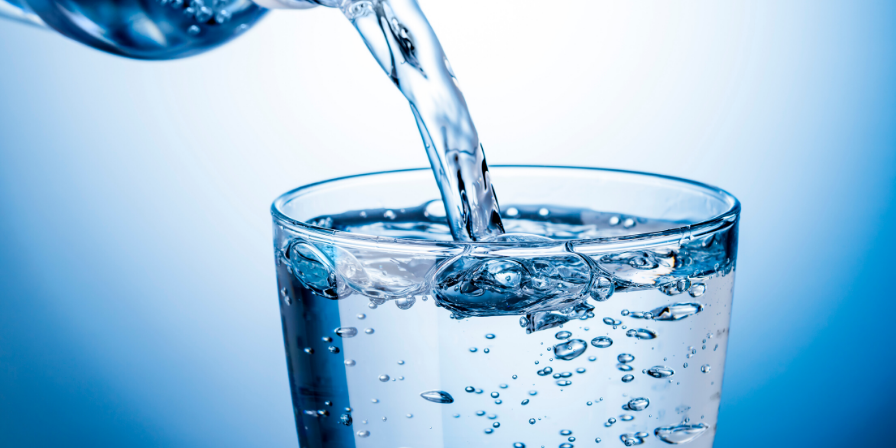
What kind of exercise can Pilots do to keep in shape and promote a healthy body?
On a general day to day basis, some sort of movement every day will help to keep the body healthy. It is a complete myth that to achieve great health you need to sweat it out in the gym for hours on end. It is now understood that general activity throughout the day is just as beneficial as an hour gym session. So, going for walks, gentle jogs, climbing stairs and moving around all contribute to daily activity levels.
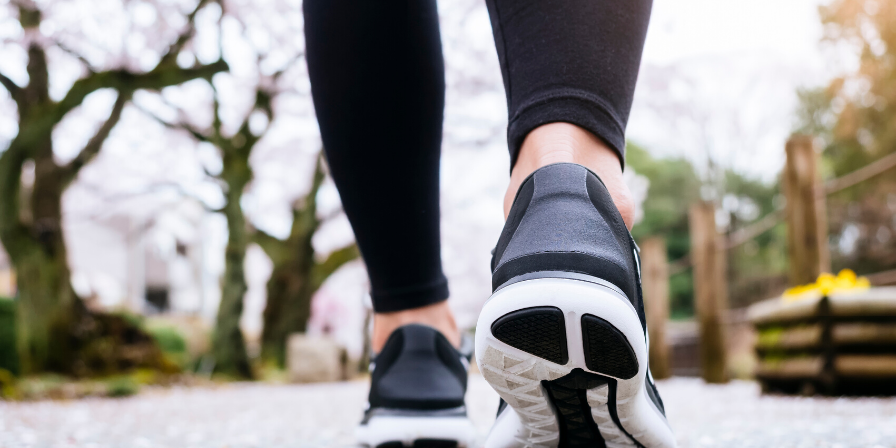
If a Pilot is flying long-haul with a few days’ stopovers at their destination, then this is a perfect opportunity to get in some exercise; if the hotel has gym facilities or a swimming pool use it. Otherwise, use some time during the stay to walk and explore the local area.
A Pilot is often spending long periods of time sitting down. During a flight, I recommend using any breaks to stretch out the body and stand up. Contracting and relaxing muscles while seated, wiggling toes and lifting legs while seated stimulate blood flow through the body and prevent the formation of DVT.
What else is important for a Pilot to consider for good health?
Sleep! Most Pilots I speak to suffer from varying levels of sleep deprivation. Jetlag takes a huge toll on the circadian rhythm – which is the body’s natural sleep/wake cycle. Flying into different time zones can really affect some Pilots and they struggle to stay awake, or they just can’t sleep at all. My top tips for better sleep would be:
Take a gentle walk before bedtime
Take a warm bath – raising your body temperature slightly before bed can aid in sleep
Avoid alcohol and caffeine
Invest in some earplugs and an eye mask to ensure no outside distractions disturb you
Try to get into synch with the time zone you are flying to as quickly as possible, some pilots reset their watches at the start of flights.
Reset meal timings to reflect the time zone you are heading to.
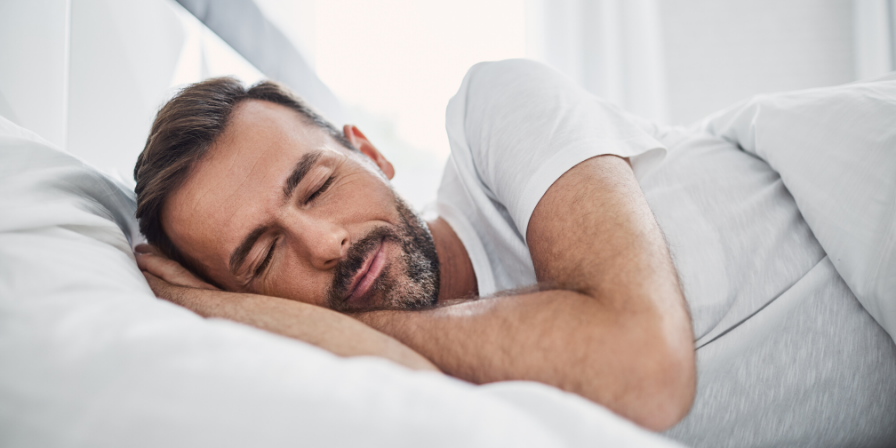
What type of lifestyle techniques would you recommend a Pilot to adopt to increase performance and improve the longevity of their career?
Pilots are under pressure to stay fit and healthy to ensure they pass their regular class 1 medical examinations. This means looking after health is a top priority. It is impossible to live a perfectly healthy lifestyle, so adopting the notion of 80% of the good stuff, and 20% of the not-so-good stuff is a great way to achieve balance.
Practise ‘clean living’ – this means combining a balanced diet with regular exercise, restful sleep, fresh air, natural daylight and spending time with loved ones. Mindset and stress management are massive right now, and adding some lifestyle techniques such as meditation or breathwork has been shown to have immediate positive effects on stress and anxiety - downloading an app like ‘Calm’, ‘Headspace’ or ‘Mind Valley’ can be a good introduction to these concepts.
Any final words Rachel?
I have always shared my belief that you are what you put into and on to your body and this has a direct impact on how your body will feel and react. Looking after oneself should take top priority; I see too many people living to excess, trying too hard to have it all, which ultimately compromises health and wellbeing. In the long run, it is easier to live a healthier lifestyle than it is to suffer the consequences later. Empowerment leads to great choices and by addressing health and well-being Pilots can reap the benefits and have a really rewarding and long career.
GOOSE loves to talk to Aviation Professionals from across the world
Follow GOOSE Recruitment on LinkedIn, Facebook and Twitter for the very latest aviation news, updates, exclusive insights and regular hot jobs.

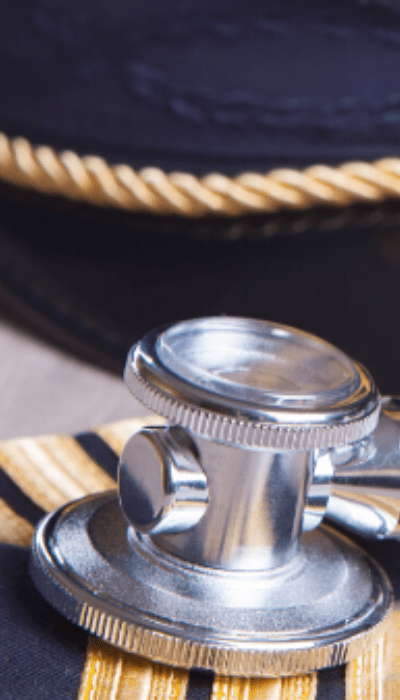


.png)

